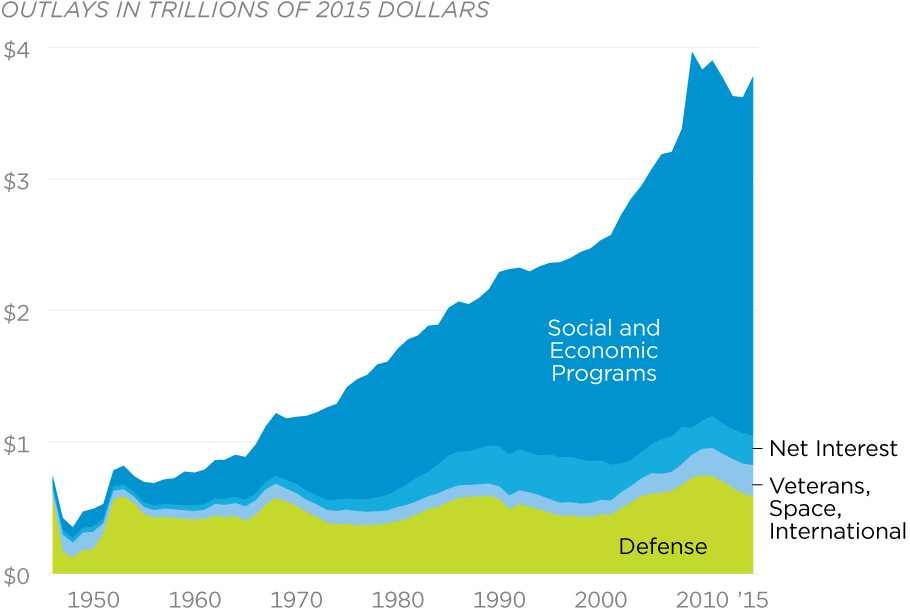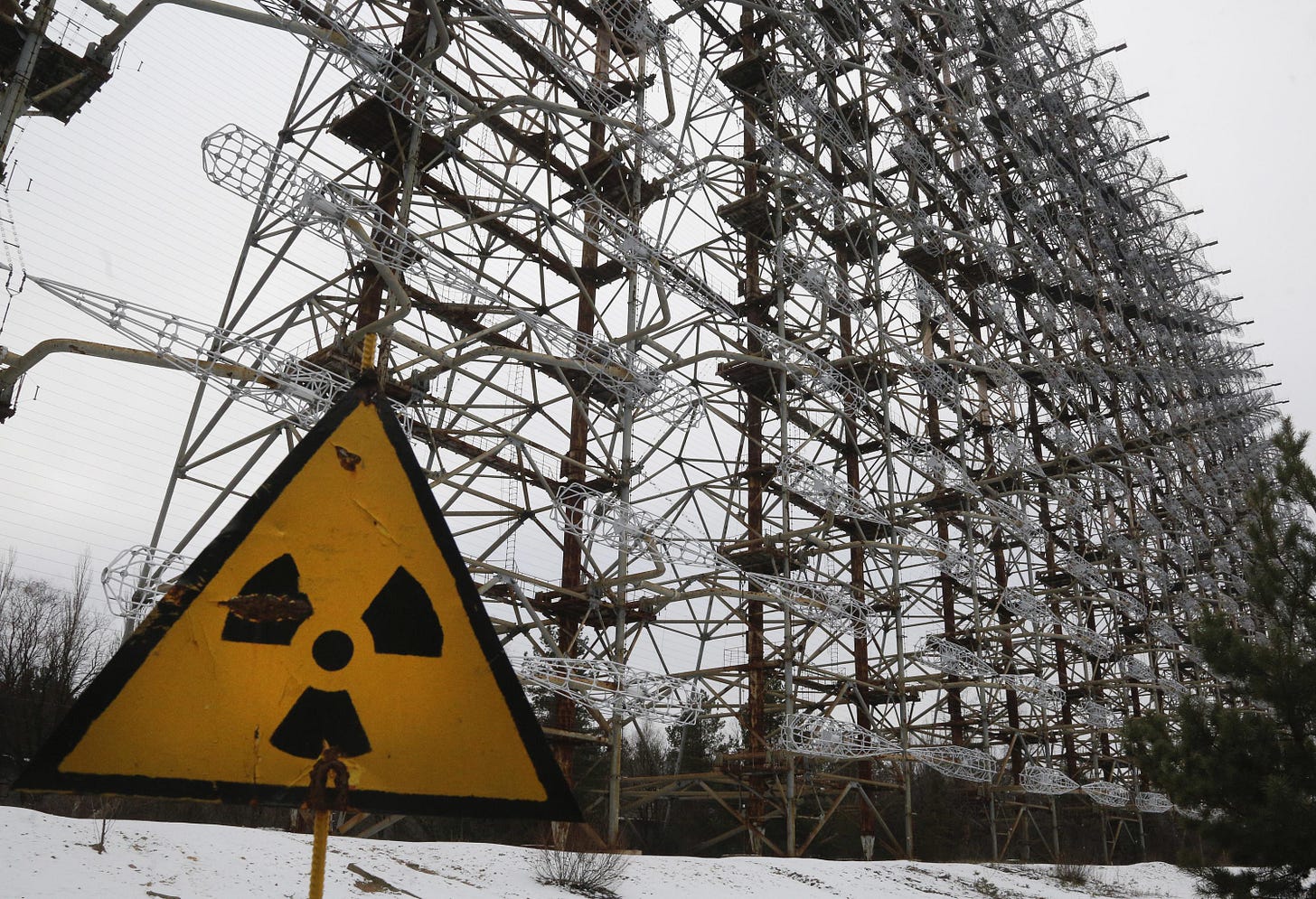🔋Nuclear Sized Disaster
The stagnation of nuclear energy since the 80s has caused tremendously more emissions than there otherwise could have been.
Press the heart button on this article, yes you! I would greatly appreciate it :)
The Nuclear “Disaster”
Despite the incredible push against climate change by the US over the last decade, the very same government held back a clean energy transition for decades prior. I am of course talking about the flourish of nuclear energy in the 70s and 80s only to be followed by the abrupt and merciless change of heart that followed.
Before the Three Mile Island, Chernobyl, and Fukushima disasters, nuclear was known as the cheapest and cleanest energy source available. With its incredible energy density, it was a tremendous technological advancement primed for the limelight. In addition to disasters that sealed the deal for much of the public and in the eyes of politicians; regulations, environmental/de-growth movements, tax incentives for renewables that then support anti-nuclear organizations are factors that went against the growth of nuclear energy in the US.
Nuclear energy production stalled in the late 80s until today, with energy being replaced by coal and natural gas at the expense of all other energy types until the shale revolution where crude oil, natural gas, and renewables were all on the rise then on.
US Loves Fossil Fuels
From 1900 on, oil emerged as the dominant commodity, surpassing even money itself (gold) in terms of importance. The petrodollar era that evolved and firmly positioned the US as global hegemon with reserve currency and acted as the backbone to US strength going forward. As such, US had virtually unlimited buyers of US treasuries and the greatest funding mechanism the world has ever seen.
To protect this arrangement and to keep the US in the top spot, the funding to the military is relentless and ironically a large user of oil. The US military emits more CO2 than nations like Morocco, Sweden, and New Zealand. Oil became a much bigger priority for the US than nuclear, especially since it helped them maintain their dominant influence over the world.
The US has been more focused on maintaining its position as global hegemon through the petrodollar agreement than actual energy security. Although this has worked well for the last few decades, it does not seem to me like a good long run strategy to maintain global dominance if that is the goal. By protecting assets in the middle east, waging wars, and continuing the legacy of the petrodollar, the US propped up the importance of oil globally.
The funding mechanism via holding the reserve currency gave the US the ability to massively spend on not only the military, but also social and economic programs. The government expenditures are massive and have arguably not gone into making the US more productive or energy secure over the long term. Yes we produce more oil, but that goes against any climate agenda, materials for renewables overwhelmingly come from foreign nations, and nuclear is not a priority which is reflected by that lack of government funding.

Conclusion
Even though a significant part of the green/environmental movement today still opposes nuclear energy, had it been accepted from the 80s on, emissions would be tremendously lower today. If the trend of nuclear energy buildout was uninterrupted through the 80s, nuclear power would be roughly between 20-30 quadrillion btu. That would be equivalent to ~20-30% of total energy production as opposed to the meager 8% that it actually is today. With renewables accounting for 12%, the total clean energy today accounts for 20%. With renewables growth constant, we could theoretically have double the clean energy we have today.
Nuclear energy has challenges that lay ahead to become a priority again for politicians and the public. Safety, waste, and cost all have reasonable solutions today, but most people are not aware. It is also not in the governments short term interests to support nuclear buildout domestically and abroad to keep propping up the dollar reserve currency dominance and petrodollar funding machine. Overall, nuclear is a source of clean energy that has been long neglected and demonized and caused much more emissions than otherwise could have. It is ironic that both the government and environmental groups in the US largely oppose nuclear energy and fail to reconsider the consequences that has caused. Until next week,
-Grayson
Further Reading
Who Killed Nuclear Energy and How to Revive It
The World Nuclear Industry Status Report 2021
Leave a like and let me know what you think!
If you haven’t already, follow me at twitter @graysonhoteling and check out my latest posts.
Let someone know about Better Batteries and spread the word!
Socials
Twitter - @graysonhoteling
LinkedIn - Grayson Hoteling
Email - betterbatteries.substack@gmail.com
Archive - https://betterbatteries.substack.com/archive
Subscribe to Better Batteries
Please like and comment to let me know what you think. Join me by signing up below.






